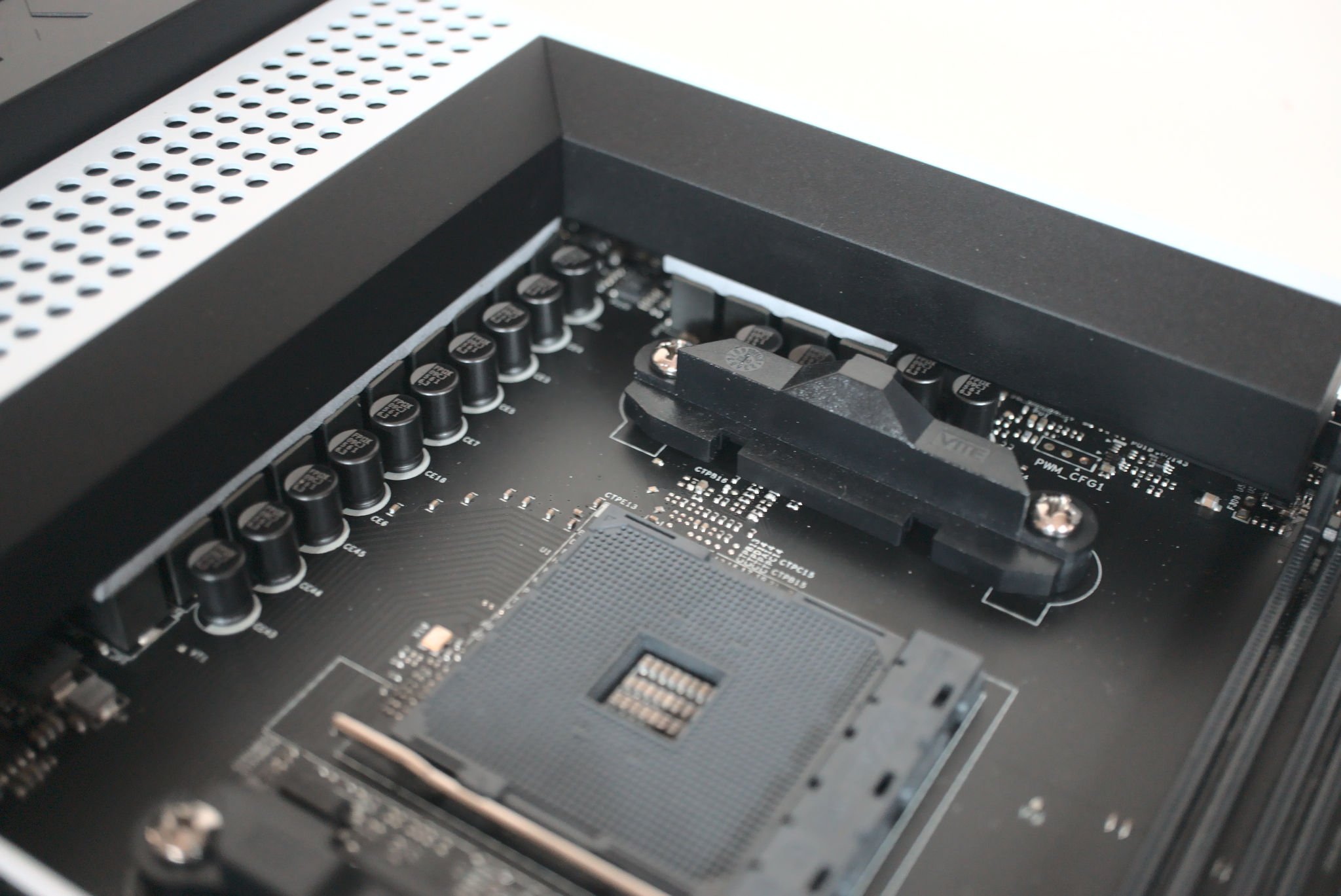An inside look at the chipmaking war being waged between the U.S. and China
Self-sufficiency in the tech sector is the key to future security, and China knows it.

What you need to know
- In key computing areas such as CPU chip design, U.S. companies dominate the global market.
- The U.S. also routinely puts sanctions on Chinese tech corporations, throttling access to key components.
- China is making a determined effort to disconnect itself from dependency on U.S.-based tech.
A newly published, in-depth feature from Nikkei Asia gives a detailed overview of the current state of the conflict between China and the U.S. in the sectors of chipmaking, semiconductor manufacturing, and computing technology as a whole. One of the many key takeaways the article presents is the encroaching reality that if China has its way, it will no longer depend on the U.S. for many of its computing needs, which will have big consequences for both countries.
The feature highlights that U.S.-based corporations control many spaces in computing tech, such as central processing unit (CPU) design, wherein behemoths including AMD and Intel have control over 90% of the global market. In wafer inspection, ion implantation, etching, and many other areas, U.S. businesses handle 80% of the market's business. These figures paint the picture that, when it comes to chipmaking, the United States maintains something of a monopoly in many important areas.
That fact has sat poorly with China, especially in recent years as the U.S. has continuously sanctioned the rival country's tech companies, making it increasingly unsafe for China to rely on U.S.-based businesses for any of its computing needs. At any moment, a sanction could disrupt supply chains and leave all the power in the U.S.'s hands, which is an unsustainable position that China is trying to get out of.
As such, China is focused on creating competitors to all the foreign companies currently stopping it from being self-sufficient. For every integrated circuit design company around the world, including NVIDIA, Qualcomm, and Arm, China is positioning its own Goodix, UNISOC, and Will Semiconductor Co. For chip manufacturing, China is attempting to match the rest of the world's Intel, TSMC, Samsung, and Micron options with its own Yangtze Memory Technologies, Hua Hong, and SMIC.
No matter the sector, China is working to become self-sufficient, and as tensions rise between China and the U.S., localization efforts in the country will grow. However, the two nations are still tightly interlinked, so how far this decoupling effort can go remains to be seen.
Get the Windows Central Newsletter
All the latest news, reviews, and guides for Windows and Xbox diehards.
Robert Carnevale is the News Editor for Windows Central. He's a big fan of Kinect (it lives on in his heart), Sonic the Hedgehog, and the legendary intersection of those two titans, Sonic Free Riders. He is the author of Cold War 2395. Have a useful tip? Send it to robert.carnevale@futurenet.com.

